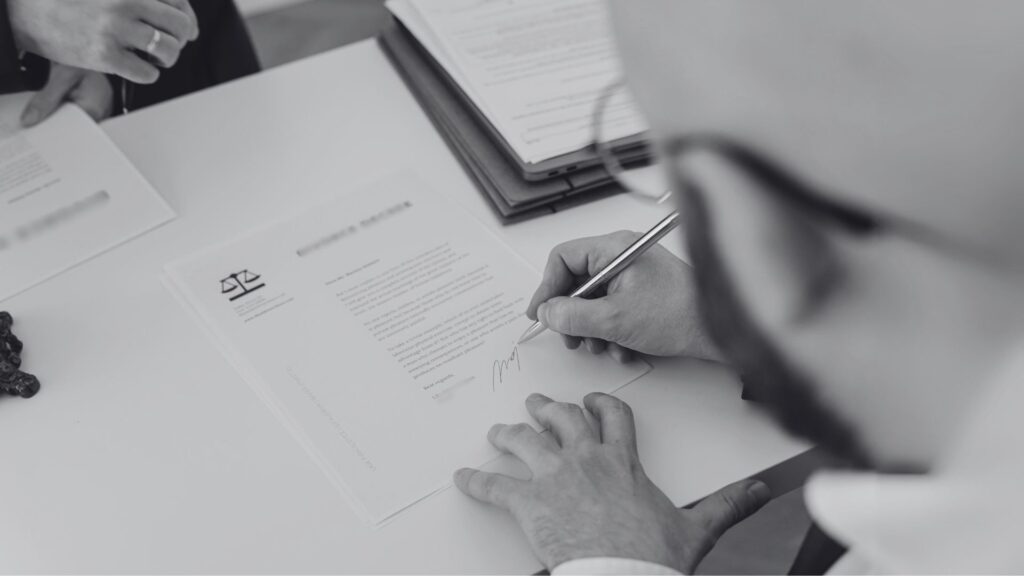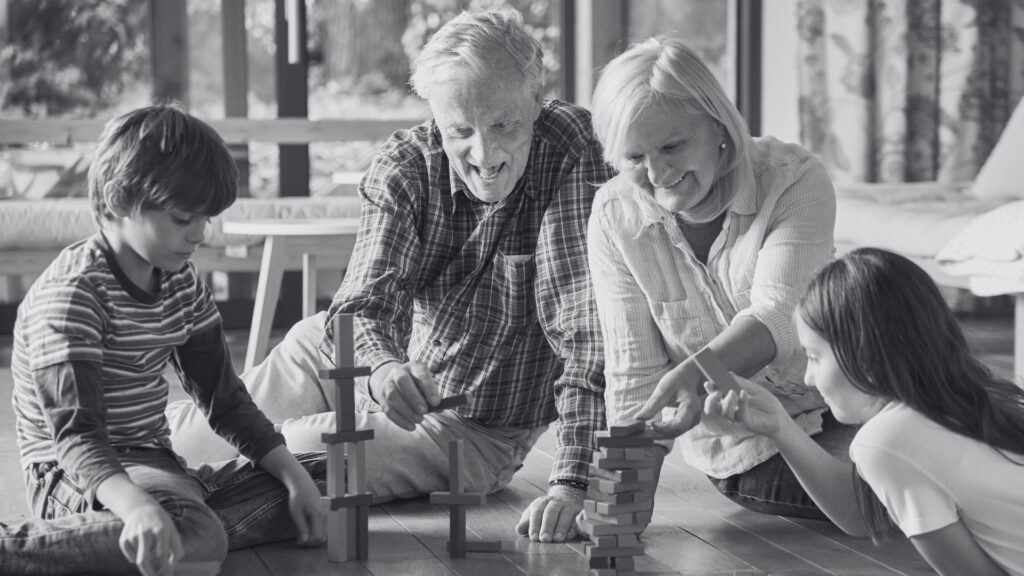Increasingly throughout the world alternate dispute resolution, be it through mediation, collaborative law or arbitration is becoming the norm, as courts more and more divert people in dispute away from litigation.
What’s Wrong with Litigation?
Litigation is lengthy, expensive, and emotional rollercoaster and rarely gives the results that those caught in it expected. Both courts and governments throughout the world are making it more difficult to use the court system to resolve disputes and are trending towards punctuating alternate dispute resolution steps repetitiously along the way to force people into an agreement as opposed to leaving a judicial officer to do it.
Is Alternative Dispute Resolution Expensive?
ADR is a very cheap alternative to litigation. For example, in family law, expect to pay your family lawyer between $350 – $700 an hour, with most family law litigation lasting at least 2 years with costs above $50,000, whereas mediation will cost in the vicinity of $3,000 ($1,500 for each person). In business disputes, the Queensland Government report that those who successfully resolve their business dispute with ADR, save up to 95% of costs if they went to court.
What are the Types of Alternate Dispute Resolution
In the context of family law, there are essentially 3 types of Alternate Dispute Resolution.
Negotiation
Negotiation is an informal means of resolving a dispute, where you and your ex-partner communicate directly with each other to try and reach an agreement. In family law mediation, these negotiations can be conducted face to face, over the phone or by letter or email, with or without the assistance of a third party (family lawyer etc).
Collaborative Law
A collaborative law approach is predicated on an agreement by you and your ex-partner that you will not use litigation to resolve your family law dispute. Collaborative law leverages this agreement to allow you to work collaboratively with your lawyers and others if need be to work towards a resolution.
The three principles of a collaborative approach are:
- a pledge not to go to court;
- an honest exchange of information, including open disclosure of all relevant documents and details; and
- a solution through negotiation in good faith, that takes into account the parties’ priorities and where applicable, those of their children.
Mediation
Mediation can work in a number of ways. It can be instigated by your family lawyer upon your request or alternatively, directly through a mediation agency, like Mediations Australia. The process in the case of the former will initially be driven by your family lawyer as they work with you to identify the issues in dispute, assist you in identifying your bottom-line and help you prepare position statements. In the latter case, you through the assistance of the Best mediator will define the issues and identify on what basis you’re prepared to settle. Once these preliminary steps have been undertaken the mediation will be convened and the mediator acts as a neutral party assisting you and your ex-partner to agree, then formalise that agreement.
Arbitration
Arbitration is an ADR method and out of all ADR types is the one of which that is most akin to a court process. You and your ex-partner will usually have lawyers who will formally submit relevant evidence etc to best inform the arbitrator to ultimately decide o your matter.
Read more about family law arbitration
What Should I Do Next if Considering Alternate Dispute Resolution?
For more information or if we can assist in answering any questions you may have, simply reach out to one of our Perth, Melbourne, Brisbane mediation and Sydney mediation team members at Mediations Australia.



